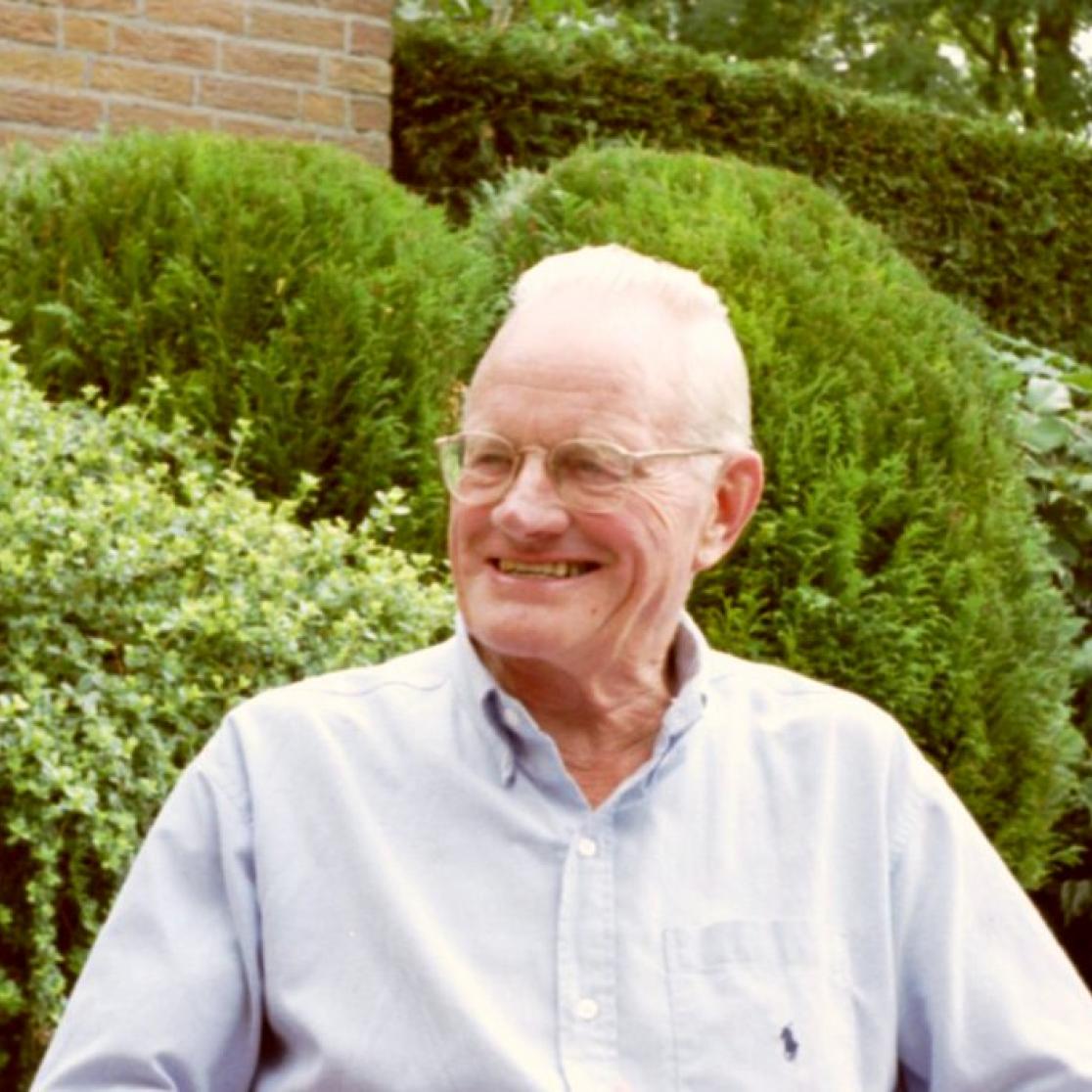You’re likely to spend your first year building networks and making friends. You can join a club or association, or start volunteering or even become an ambassador. Our advice: start developing your adaptability, follow a language course. Think ahead and find out what your opportunities are in your second or third year. Enhance your employability skills by following online learning modules.
Acquire skills
Gain experience
Get personal support
Acquire Skills
Training Endnote
This training helps you to get the most out of EndNote and make your research easier.
Introduction to literature searching and writing
Peer Point is staffed by students trained at responding critically and constructively to the work of their peers. This workshop is to help you improve your research skills and this workshop is a first step at doing so.
Digital Information Skills
How do you quickly find relevant and trustworthy learning materials? In this online tutorial you will find information, tips and tricks.
Assertiveness training
Helps you develop an assertive attitude and work on your self-confidence.
Boost your self-confidence
During this workshop you will learn how to be more aware of your personal emotions and characteristics. You will get tools to give your personal life a positive boost.
Crash course in Decision making
Are you struggling with making decisions? Do you keep putting them off? Do you find it hard to tell what's important and what isn't? Making a decision is difficult, but we can help you improve with this workshop.
Discover your competences
You gain insight into what you are capable of and what you want. You itemise your competencies, key qualities and motives. This workshop will give you a head start in the job market.
Fear of failure training
Always feeling tense and nervous? Do you panic before or during tests or presentations? Then the fear of failure training may be something for you.
Online career library
The Online Career Library has the best websites to help you start off your career.
Presentation skills
This interactive, hands-on workshop is built around your presentations – you use them to practise your skills, get feedback and improve.
Self-help: improve your study/professional skills
Tips and tools for improving your professional/study skills.
Study efficacy increase group
The efficacy increase group is a self-help group for students who find it difficult to concentrate on their studies and tend to procrastinate. The group ensures that you improve your study behaviour and that you use an effective method for studying.
Team building for board members
We can help your board become a real team (board members only).
Time management
This interactive workshop will give you an insight in your current time management habits and it will help you identify areas for improvement.
Workshop - Mindfulness and meditation
Mindfulness teaches you to connect with the present and focus on the here and now, increasing your awareness of your thoughts, feelings and bodily sensations. It helps you take some distance from the issues you worry about. This can have a calming effect on your mind and make you feel more relaxed.
Workshop Stress management
Do you find it difficult to find a good balance between study and leisure time? In this workshop you look for your own stress signals and you get tools to keep stress under control.
Academic information skills
A selection of tutorials by the UM Library to improve your academic information skills
Language courses
Maastricht University's Language Centre offers a broad range of language services to students. We help them communicate effectively in an international environment.
Gain experience
Workplace visits
Bachelor Health - These visits enable students to become acquainted with their potential future workplace.
Student jobs at UM
There are various jobs at Maastricht University for UM Students. These vary from organising the introduction week to photographing and writing for our social media and providing information to high school students.
Get personal support
Study advisors
Discuss your personal development and plans for the future
Personal development plan/portfolio
Bachelor BMS, Medicine, ITM - Portfolio to demonstrate progress in competences
Professional development & competences
Bachelor BMS, Medicine, ITM - competency-based education
Coping with loss and mourning group
Have you lost someone and do you want to come to terms with your loss and learn to let go? Then the coping with loss group may be something for you.
Mentor programme
Bachelor Health - Guiding students' study progress and development of competences
Mentor programme
Bachelor BMS, Medicin, ITM - Guiding students' study progress and development of competences
Career advice
The career advisers of UM Career Services are specialised in the areas of study and career choices as well as opportunities on the job market. They can help you with all your career-related questions in a 45-minute session.
Individual Psychological Support
Everyone feels a little bit out of sorts sometimes. The signs vary from fear of failure, procrastination and problems with planning to eating disorders, stress, gloom and even depression. Our team of student psychologists is there to help you.
Quick career advice
Do you have any questions about your career and study? Would you like to know what your prospects are after graduation? Are you unsure about your job application letter, CV or LinkedIn profile? Come for some Quick Career Advice - and yes, the sessions are quick: 15min.

